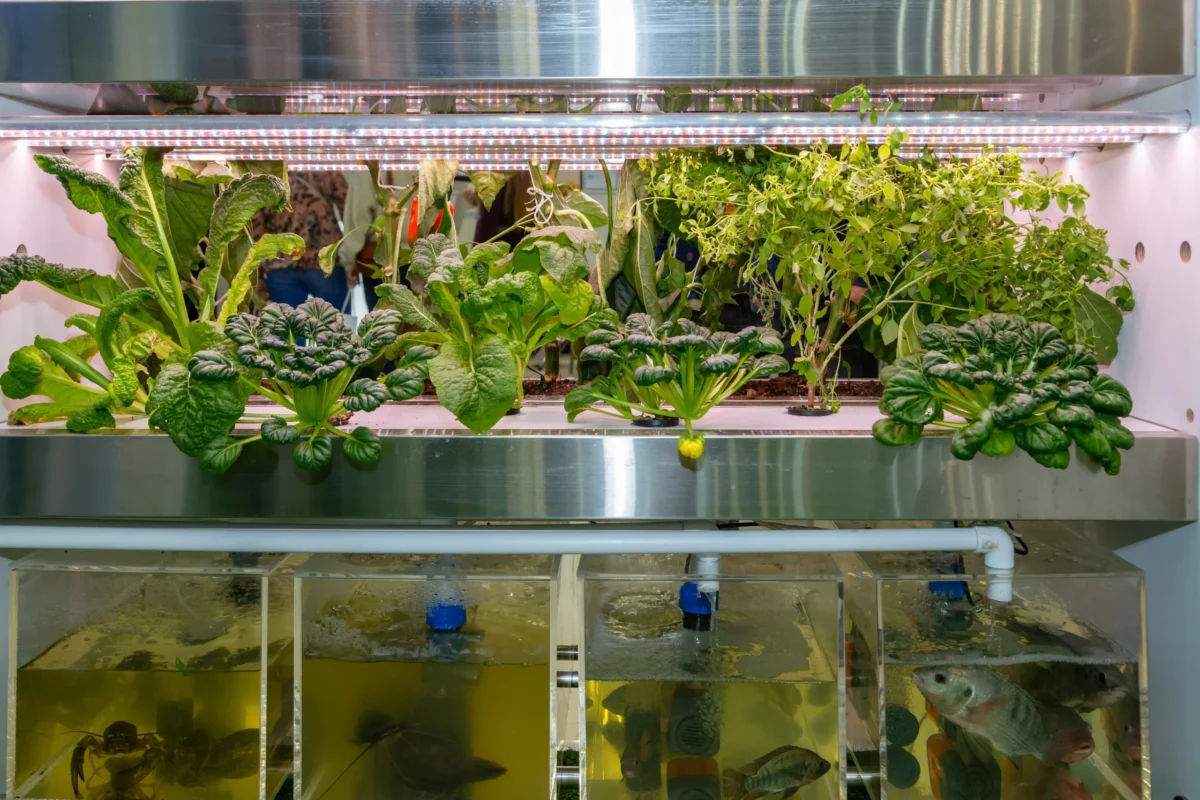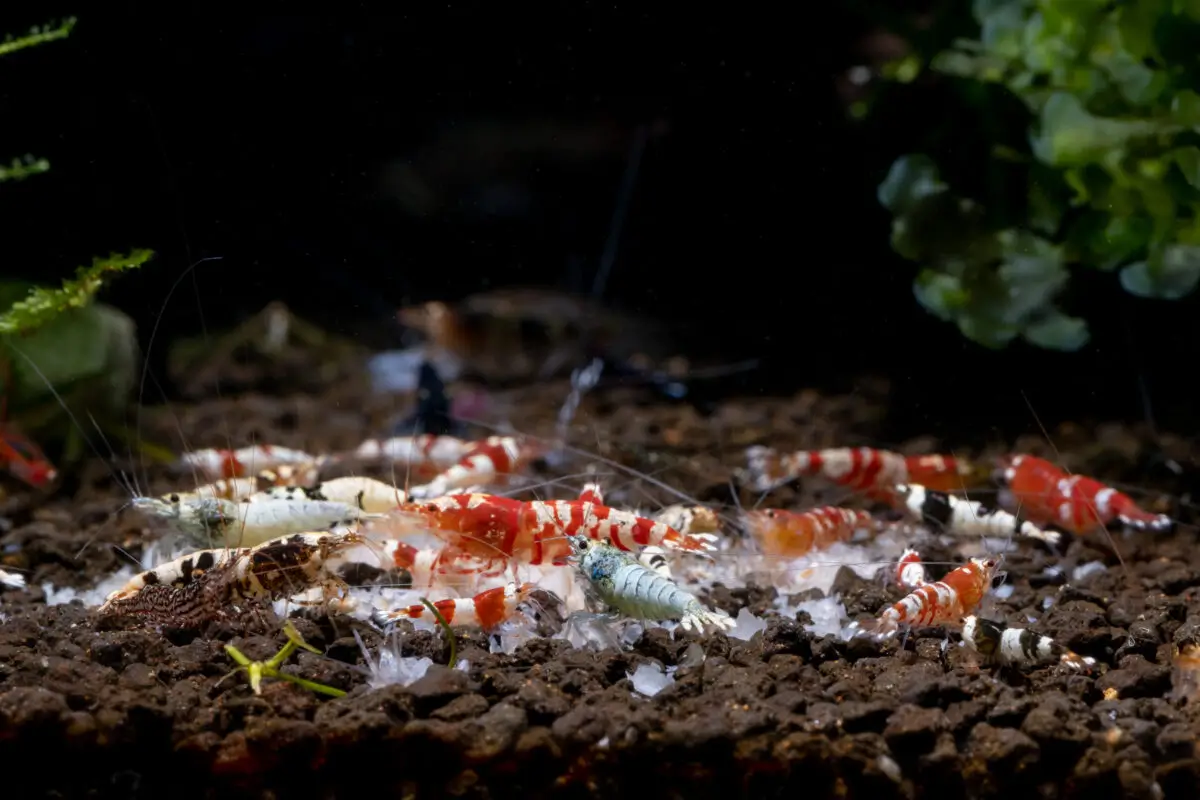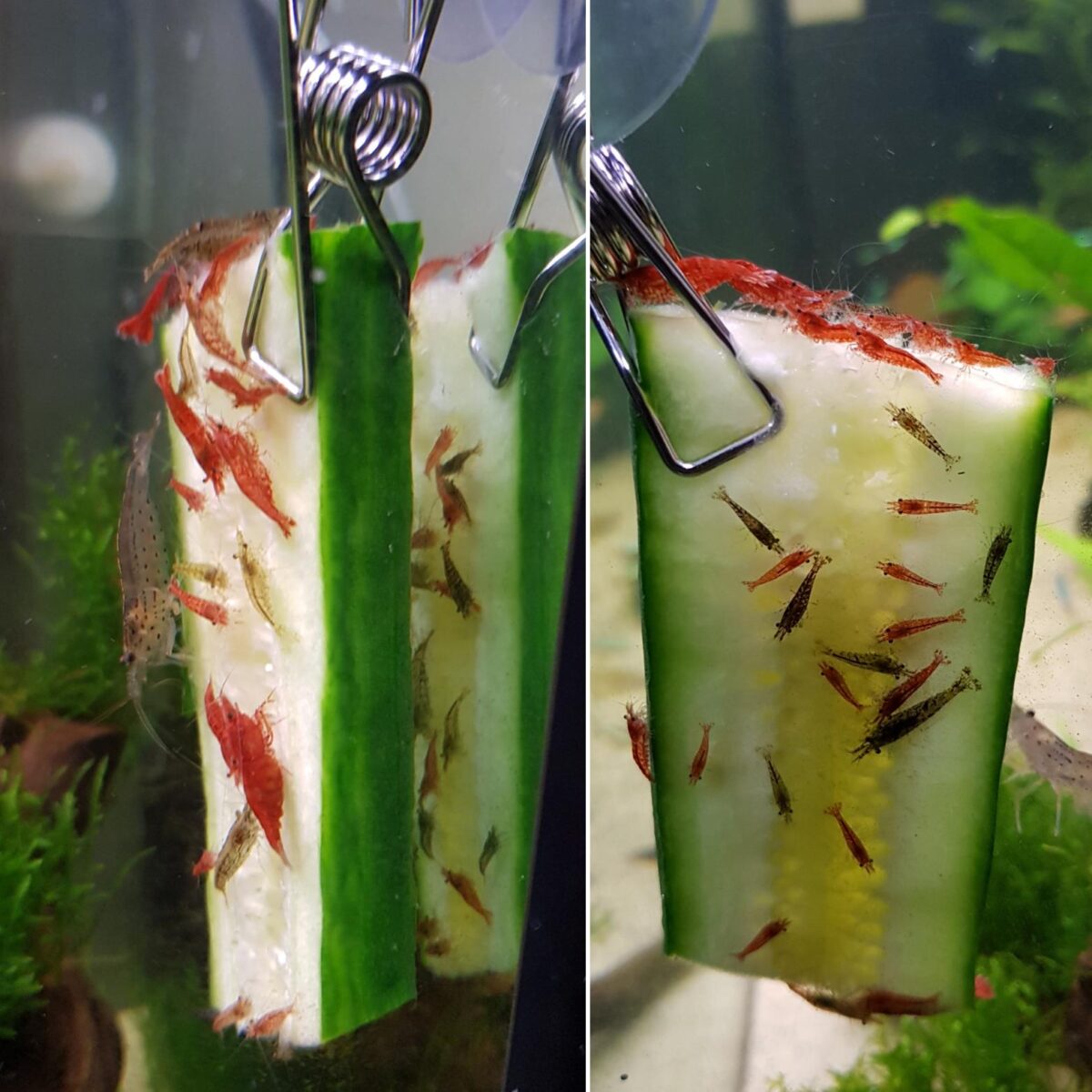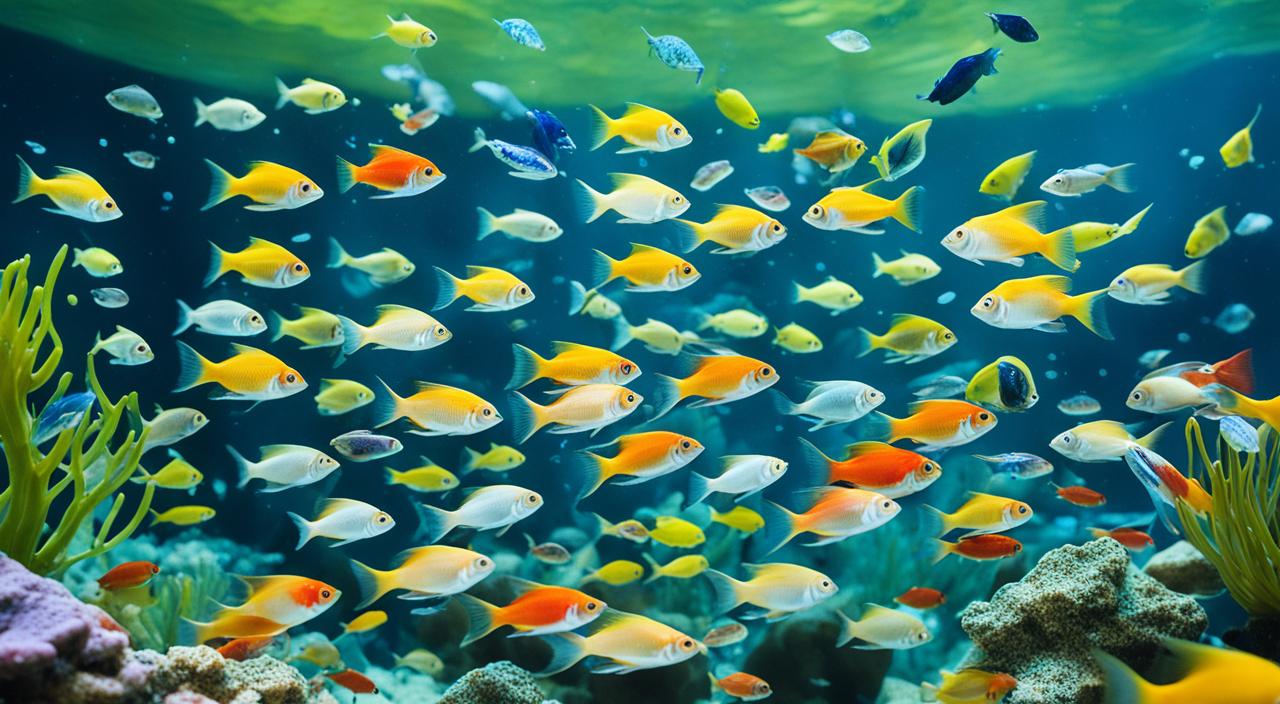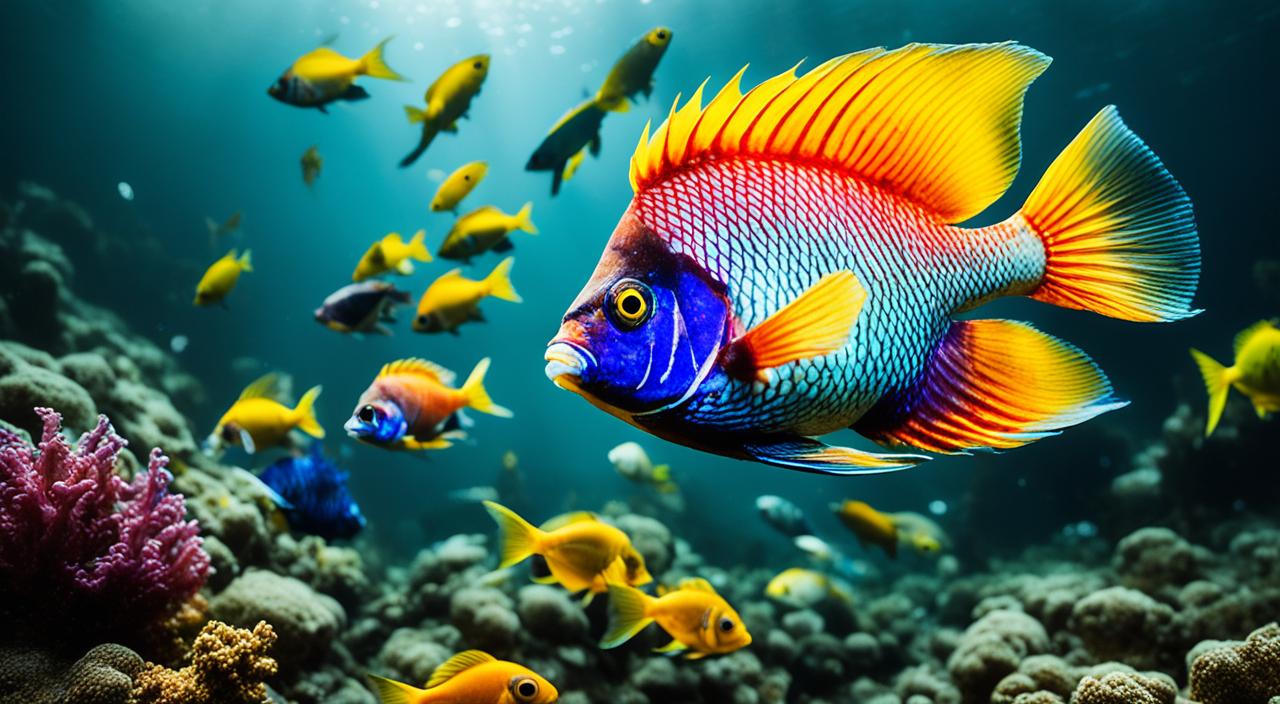Did you know the right balance of essential minerals and nutrients is crucial for shrimp’s health and well-being? These tiny creatures require critical elements to support their growth, immune system function, and reproductive health. Understanding their nutritional needs is vital to providing optimal care and ensuring long-term vitality.
This article will delve into Essential Minerals required for optimal shrimp nutrition, exploring the essential minerals and nutrients needed for a healthy diet. From calcium and magnesium for exoskeleton integrity to vitamins and protein sources for overall well-being, we will uncover the key components necessary to support shrimp health. Join us as we unravel the secrets to keeping your shrimp in top form.
Key Takeaways:
- Shrimp require essential minerals and nutrients for their overall health and well-being.
- Calcium and magnesium are vital for maintaining the integrity of their exoskeleton.
- Potassium influences various physiological processes in shrimp.
- Trace elements like copper and zinc are essential to shrimp’s dietary needs.
- Understanding the nutritional requirements of shrimp is crucial for providing a balanced and optimized diet.
- The Vital Role of Minerals in Shrimp Health and Development
- Nutritional Requirements: Understanding Shrimp Dietary Needs
- Shrimp Immune System: Boosting Health with Key Nutrients
- Ensuring a Strong Shrimp Immune System
- Essential Minerals, Nutrients, and Chemicals for Healthy Shrimp
- Mitigating Shrimp Mineral Deficiencies Through Diet
- Shrimp Reproduction Nutrients: Fostering Growth and Fertility
- Probiotics and Vitamins: Enhancing Shrimp Digestive Health
- Water Quality and Mineral Absorption: Ensuring Optimal Conditions
- Shrimp Diet Analysis: Achieving a Balanced Aquatic Diet
- Conclusion
- FAQ
- Source Links
The Vital Role of Minerals in Shrimp Health and Development
Minerals play a vital role in the health and development of shrimp. These essential elements are necessary for various physiological processes and maintaining the integrity of the shrimp’s exoskeleton.
Calcium and Magnesium for Exoskeleton Integrity
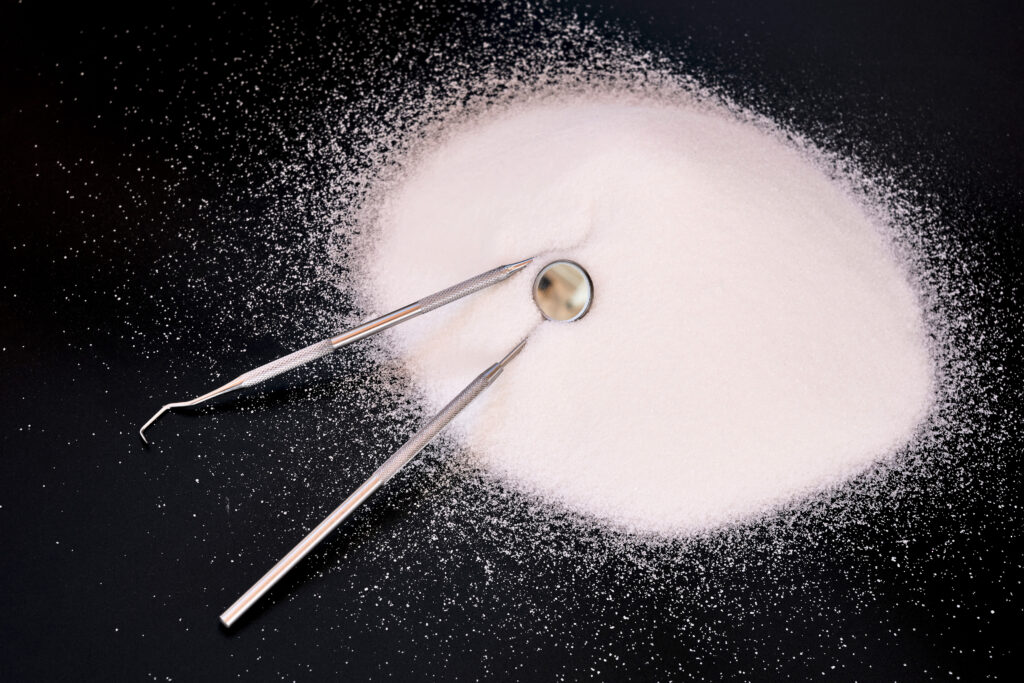
Calcium and magnesium are crucial minerals for crayfish and snails, as they ensure the integrity of their exoskeleton. The exoskeleton acts as protective armour, providing support and structure to the shrimp’s body.
A diet rich in calcium and magnesium is necessary to support proper exoskeleton development and prevent shrimp mineral deficiencies that could lead to weak or brittle shells.
Potassium’s Influence on Physiological Processes
Potassium is another essential mineral that plays a crucial role in shrimp’s physiological processes. This mineral is involved in muscle contraction, nerve function, and fluid balance within the shrimp’s body.
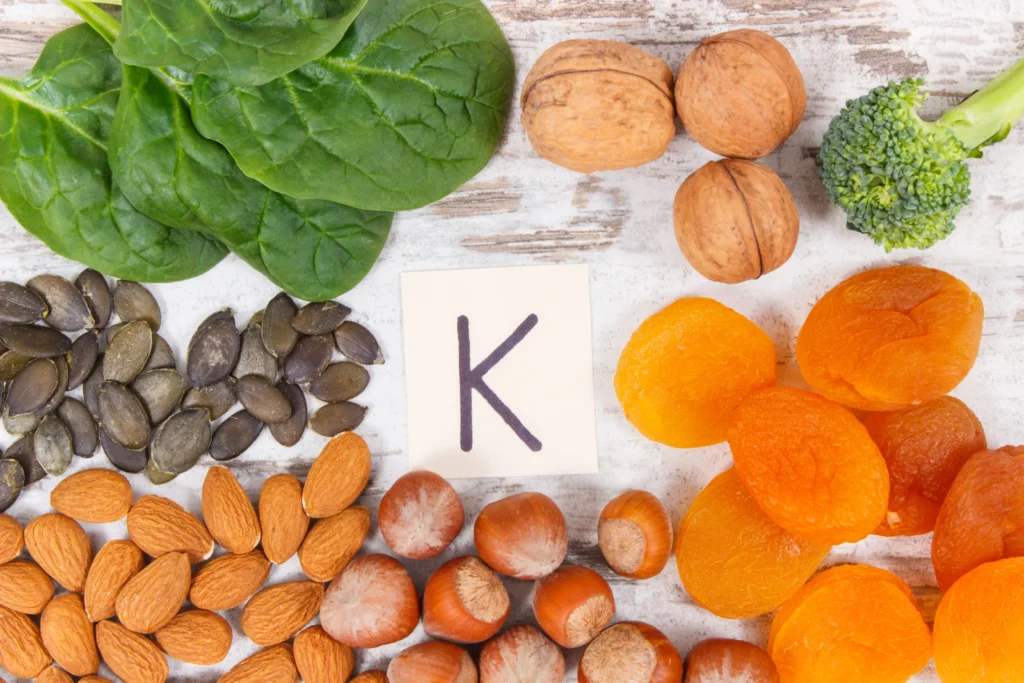
A sufficient potassium intake ensures proper physiological functions in shrimp, promoting muscle health and normal nerve responses.
Trace Elements like Copper and Zinc in Crayfish Mineral Intake
In addition to significant minerals, snails, crayfish, and shrimp require trace elements like copper and zinc in their diet. These micronutrients are essential for various physiological functions and contribute to shrimp’s overall health and well-being. Copper is necessary for several enzymatic reactions, while zinc plays a vital role in growth, development, and tissue repair.
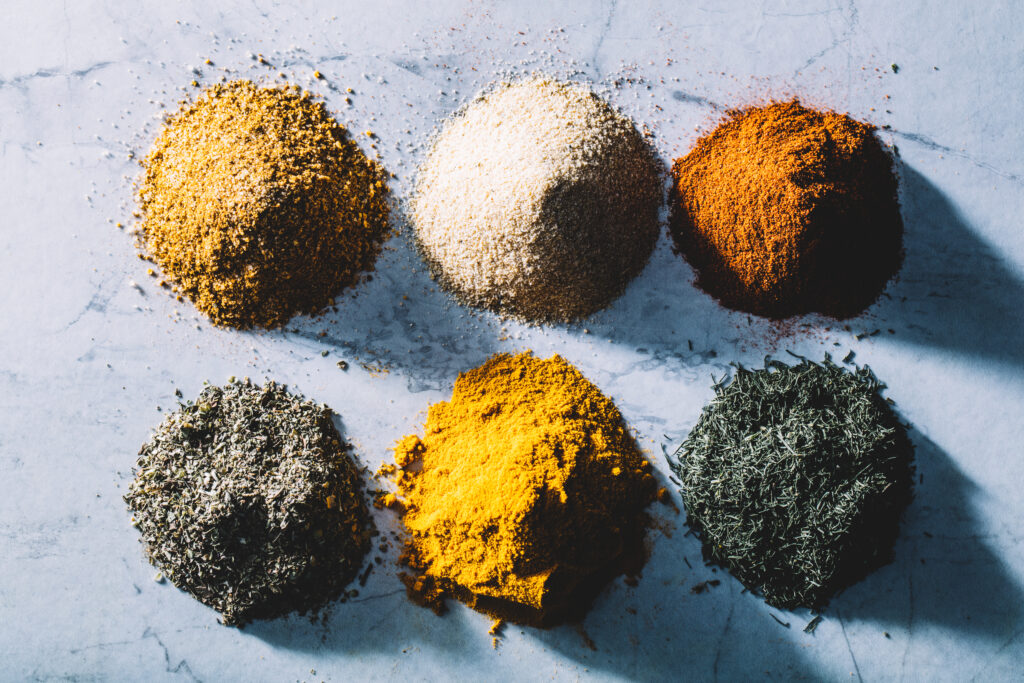
Ensuring the proper balance and availability of these essential minerals, including calcium, magnesium, potassium, copper, and zinc, in shrimp’s diet is crucial for promoting optimal health, growth, and exoskeleton integrity in these aquatic creatures.
Nutritional Requirements: Understanding Shrimp Dietary Needs
Understanding shrimp’s nutritional requirements is crucial for providing a balanced and optimized diet that supports their growth, reproduction, and overall health. A feeding schedule is paramount. Shrimp have specific dietary needs, including protein, vitamins, and other essential nutrients for their development and well-being.
Protein is a crucial component of a shrimp’s diet as it plays a vital role in their growth and tissue repair. It provides the necessary building blocks for muscle development and overall body functioning. Incorporating protein-rich foods into their diet, such as fish meal, soybean meal, and krill, can help meet their protein requirements.
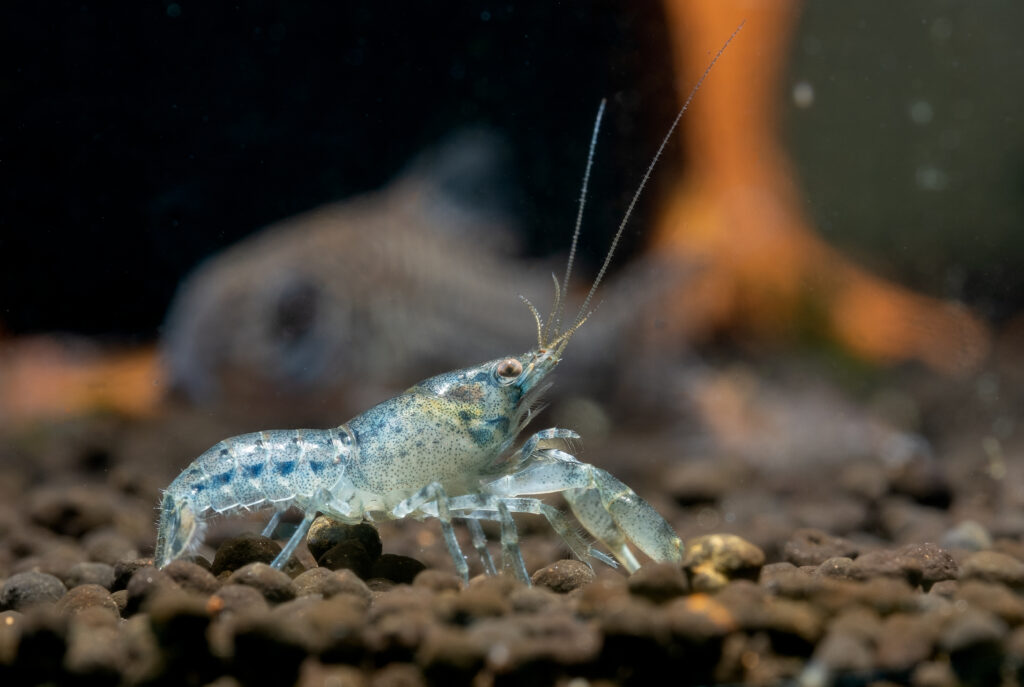
Along with protein, shrimp also require a sufficient intake of vitamins to support various physiological processes. Vitamins play essential roles in energy metabolism, immune function, and reproduction. A well-balanced diet that includes vitamin-rich foods, such as algae, brine shrimp, and commercial vitamin supplements, is essential for meeting their vitamin intake needs.
Dietary balance is crucial to maintaining a shrimp’s overall well-being. Ensuring a diverse diet can help meet their nutritional needs adequately. Combining protein sources, vitamin-rich foods, and other essential nutrients, such as minerals and fatty acids, can help achieve a balanced shrimp diet.
| Nutrient | Importance | Food Sources |
|---|---|---|
| Protein | Crucial for growth and tissue repair | Fish meal, soybean meal, krill |
| Vitamins | Support energy metabolism, immune function, and reproduction | Algae, brine shrimp, commercial vitamin supplements |
| Minerals | Essential for various physiological functions and exoskeleton development | Calcium-rich foods, seaweed, mineral supplements |
| Fatty Acids | Supports overall health and immunity | Omega-3 rich foods, fish oils |
By understanding shrimp’s nutritional requirements and providing a well-balanced diet, shrimp owners can promote their optimal development and well-being. Monitoring their dietary balance and ensuring sufficient protein, vitamins, and other essential nutrients can contribute to healthy shrimp growth, reproduction, and overall health.
Shrimp Immune System: Boosting Health with Key Nutrients
The immune system is crucial in maintaining shrimp’s health and well-being. A robust immune system supports disease resistance, tissue repair, and overall immune function. One way to enhance shrimp’s immune health is to ensure they receive the necessary nutrients to support their immune system.
Vitamin A and its Impact on Immunity
Vitamin A is an essential nutrient that plays a vital role in supporting shrimp’s immune function. It helps regulate the immune response, promoting a proper balance between inflammation and immune defence. Vitamin A deficiency can weaken the immune system, making shrimp more susceptible to diseases and infections. To prevent vitamin A deficiencies, it’s essential to incorporate sources of vitamin A into their diet, such as shrimp vitamin A-rich foods.
The Role of Antioxidants like Astaxanthin
Antioxidants like astaxanthin play a crucial role in shrimp’s immune system. Astaxanthin is a powerful antioxidant that helps neutralize harmful free radicals and reduce oxidative stress, which can impair immune function. It also aids in reducing inflammation and supporting tissue repair. Including shrimp astaxanthin sources in their diet can help boost their immune health and overall well-being.
Ensuring a Strong Shrimp Immune System
Supporting shrimp’s immune system is essential for their health and disease resistance. Shrimp owners can help boost their immune function, enhance disease resistance, and aid tissue repair by providing critical nutrients like vitamin A and antioxidants such as astaxanthin. Including these essential nutrients in their diet promotes shrimp’s immune health and ensures their well-being.
Essential Minerals, Nutrients, and Chemicals for Healthy Shrimp
In addition to minerals, shrimp require various essential nutrients and chemicals for their overall health and maintenance. These include vitamins, proteins, fatty acids, and other crucial elements necessary for their growth, development, reproduction, and immune function. Understanding the importance of these essential components and ensuring their availability in shrimp’s diet is vital for their overall well-being.
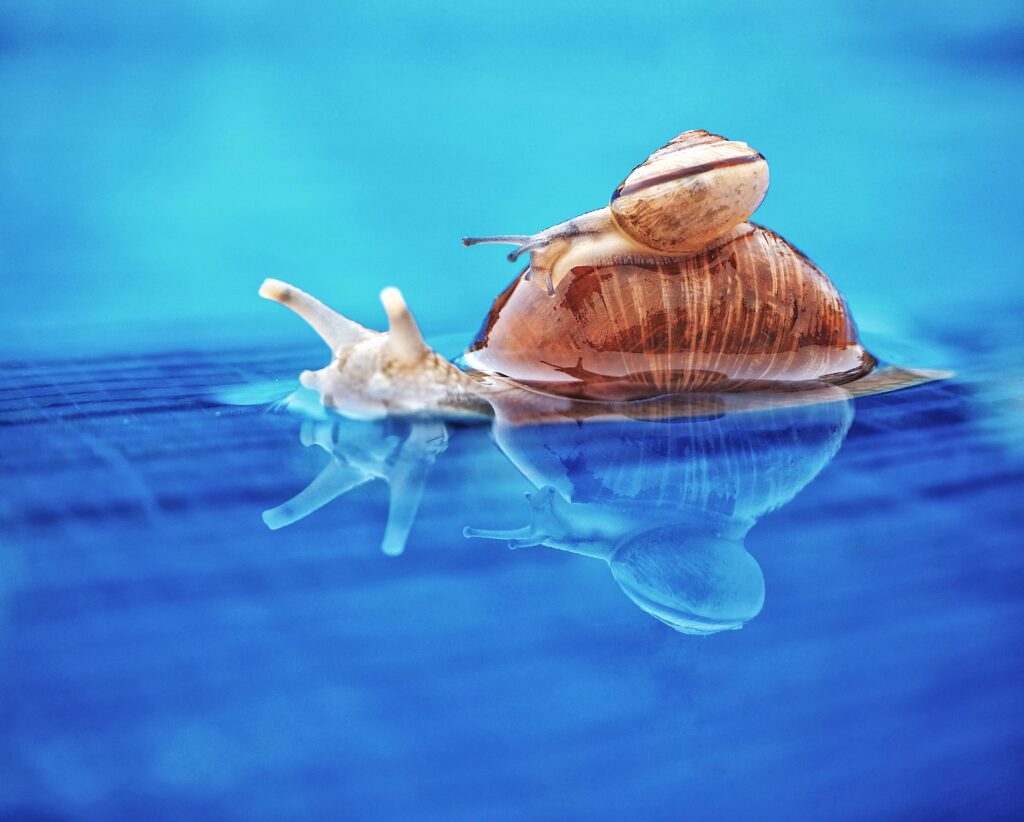
Proper nutrition is vital for shrimp’s growth and well-being. Shrimp require a balanced diet with essential proteins, vitamins, and fatty acids to support their physiological processes and maintain optimal health. These nutrients are vital in developing their exoskeleton, immune function, reproduction, and overall growth.
Shrimp essential nutrients:
- Proteins: Shrimp rely on proteins for muscle development, tissue repair, and enzyme production. Sources of protein in their diet can include shrimp meal, fish meal, and soybean meal.
- Vitamins: Shrimp require a variety of vitamins, including vitamin A, vitamin D, vitamin E, and vitamin C. These vitamins are essential in their immune function, growth, and overall health.
- Fatty Acids: Shrimp rely on omega-3 fatty acids for their growth, reproduction, and immune response. These fatty acids can be found in algae, fish oil, and other marine sources.
- Essential Minerals: Shrimp require calcium, magnesium, and potassium to develop their exoskeletons, muscle contraction, and various physiological processes.
A well-balanced diet that includes a variety of nutrient sources is important to ensure that shrimp receive all the essential nutrients they need. Commercial shrimp feed and natural food sources, such as algae and other aquatic plants, can achieve this.
Keeping a close eye on the water quality is also crucial for optimal shrimp health. Water quality affects shrimp’s absorption and utilization of essential nutrients. Monitoring parameters such as pH, ammonia levels, and temperature can help ensure that the water conditions are suitable for shrimp and promote optimal nutrient absorption.
By understanding the essential minerals, nutrients, and chemicals that shrimp require for their overall well-being and providing a balanced diet that meets their nutritional needs, shrimp owners can promote the health and longevity of their prized crustaceans.
Mitigating Shrimp Mineral Deficiencies Through Diet
Mineral deficiencies can have detrimental effects on shrimp’s health and development. Identifying and addressing common mineral shortages through proper diet optimization is crucial to maintaining optimal mineral levels in shrimp. Effective supplementation of their diets with mineral-enriched feed or specific supplements can help mitigate deficiencies and promote their overall well-being.
Identifying Common Mineral Shortages
When it comes to shrimp mineral deficiencies, there are a few key minerals that are commonly found to be lacking in their diets:
- Calcium: Shrimp rely on calcium for proper exoskeleton development and overall shell integrity.
- Magnesium: Magnesium is essential for various physiological processes in shrimp, including muscle contraction and nerve function.
- Potassium: Potassium is vital in maintaining the shrimp’s physiological functions and overall health.
Regular testing of shrimp mineral levels can help promptly identify and address deficiencies. This can be done through water and tissue testing, allowing for an accurate assessment of their mineral requirements.
Supplementing Shrimp Diets Effectively
To mitigate mineral deficiencies in shrimp, it is vital to supplement their diets effectively. This can be achieved through:
- Mineral-Enriched Feed: Providing shrimp with a well-balanced diet that includes feed specifically formulated with mineral supplements can help ensure they receive the necessary minerals for optimal growth and health.
- Specific Supplements: When specific mineral deficiencies are identified, targeted supplementation with mineral-rich additives can be beneficial. This allows for a more targeted approach to addressing deficiencies.
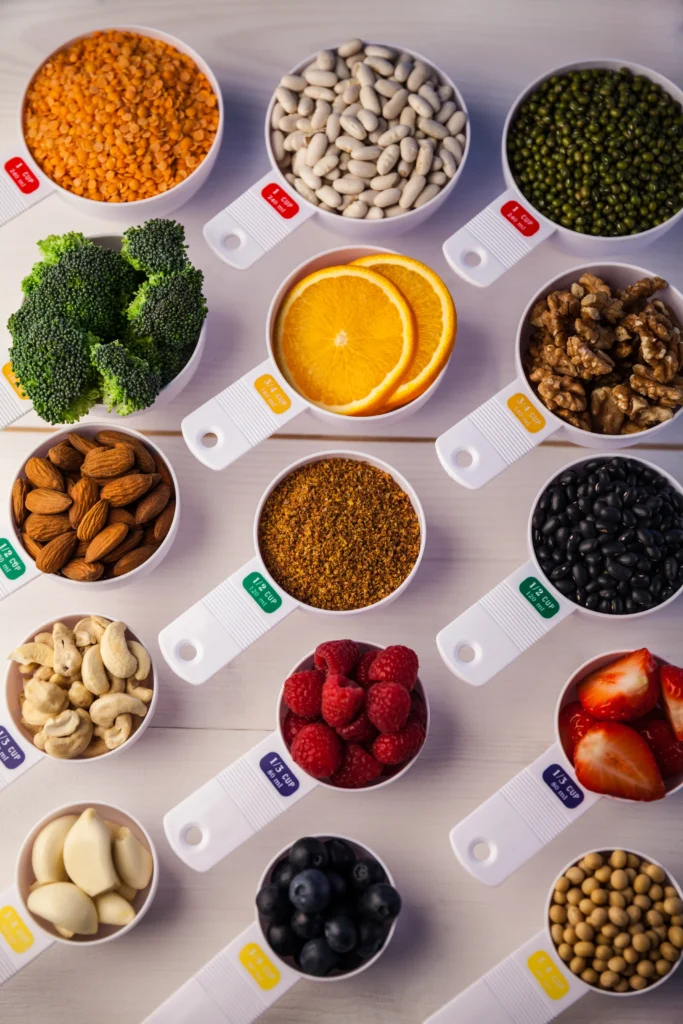
Effective shrimp diet optimization involves considering their specific mineral needs and ensuring a consistent supply of essential minerals through their daily feed. Shrimp owners can help promote their shrimp’s overall health and well-being by taking proactive measures to address mineral deficiencies.
Shrimp Reproduction Nutrients: Fostering Growth and Fertility
Shrimp reproduction is a complex process that requires specific nutrients and dietary considerations to support growth and fertility. By providing the necessary nutrients and optimizing their diet, shrimp owners can improve their shrimp’s reproductive health and enhance their growth and larval development.
One essential nutrient for shrimp reproduction is shrimp reproduction nutrients. These nutrients play a crucial role in promoting healthy breeding and successful reproduction. They provide the necessary building blocks for shrimp’s reproductive system and support the growth and development of eggs and larvae.
Ensuring the availability of shrimp growth factors is also vital for reproductive success. These growth factors stimulate the development of reproductive organs and promote the maturation of eggs and sperm, ultimately enhancing fertility.
Optimizing the balance of nutrients in shrimp’s diet is essential for reproductive health. A well-rounded and varied diet with high-quality protein sources, vitamins, and minerals can enhance shrimp’s reproductive capabilities.
Probiotics and Vitamins: Enhancing Shrimp Digestive Health
Maintaining a healthy digestive system is crucial for shrimp’s overall health and nutrient absorption. The digestive system is vital in breaking down food particles, extracting essential nutrients, and eliminating waste products.
One way to promote shrimp digestive health is to incorporate probiotics into their diet. Probiotics are beneficial bacteria that can improve the diversity and balance of shrimp’s gut microbiota. These bacteria help enhance digestion and absorption of nutrients, improve intestinal barrier function, and support the gut’s overall health.
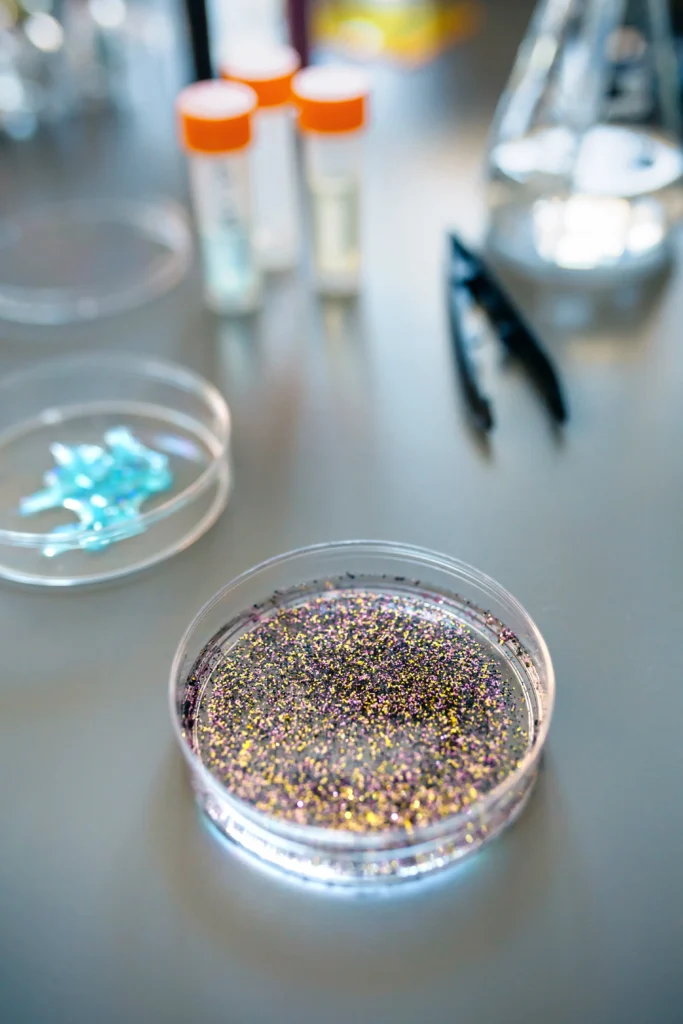
Another critical aspect of shrimp digestive health is vitamin supplementation. Vitamins are essential micronutrients critical in various physiological processes, including digestion. Providing shrimp with adequate vitamin sources can support their digestive system’s optimal functioning and ensure the efficient absorption of nutrients.
By enhancing shrimp digestive health through probiotics and vitamin supplementation, shrimp owners can help improve the efficiency of their digestive processes, leading to better nutrient utilization and overall health. Ensuring a well-balanced diet that includes sources of probiotics and necessary vitamins is essential for promoting shrimp’s digestive well-being.
Water Quality and Mineral Absorption: Ensuring Optimal Conditions
Water quality is a crucial factor in shrimp’s overall nutrition and health. It directly impacts their ability to absorb minerals and other essential nutrients. To ensure optimal conditions for shrimp, it is important to maintain suitable water parameters, such as appropriate pH levels and low ammonia concentrations.
Proper pH levels in the water are vital for mineral absorption in shrimp. Shrimp thrive in water with a pH range of 6.5 to 8.5, which allows for efficient mineral uptake. When the pH deviates from this range, it can hinder the absorption of minerals, leading to deficiencies and potential health issues.
Controlling ammonia concentrations is equally crucial for shrimp health. High ammonia levels in the water can be toxic to shrimp and impair their ability to absorb minerals effectively. Regular water testing and taking measures to reduce ammonia levels, such as proper filtration and regular water changes, help create a healthy environment for shrimp.
By maintaining optimal water conditions, shrimp owners can ensure their shrimp have the best environment for mineral absorption and overall nutrition. Providing a clean and balanced aquatic environment helps promote shrimp’s well-being and health, enabling them to thrive in their tanks or ponds.
Shrimp Diet Analysis: Achieving a Balanced Aquatic Diet
Analyzing and understanding the components of a balanced shrimp diet is crucial for meeting their nutritional needs. You can formulate a diet that supports your shrimp’s growth, immune function, and overall health by identifying key elements such as protein, vitamin, and mineral sources.
Critical Components of a Balanced Shrimp Diet
A balanced shrimp diet should include:
- A variety of shrimp nutrient sources ensure a broad spectrum of essential nutrients.
- Shrimp protein sources such as high-quality fish meal, soybean meal, or yeast to support growth and muscle development.
- Shrimp vitamin sources like spirulina, chlorella, or vitamin supplements meet their specific requirements.
- Shrimp mineral sources include calcium-rich foods like crushed eggshells or specialized mineral supplements to maintain exoskeleton integrity.
A balanced mix of these components will help ensure your shrimp receives the nutrients necessary for their well-being and optimum growth.
Assessing Commercial and Natural Food Sources
When evaluating shrimp commercial diet options, look for products containing a blend of high-quality ingredients formulated explicitly for shrimp. Read the labels and choose a diet that offers a balanced combination of proteins, vitamins, and minerals. You may also consider natural food sources for shrimp, such as algae, plankton, or vegetables, to provide dietary variety and additional nutrient sources.
Remember to observe your shrimp’s response to different foods and adjust their diet accordingly. Regularly monitoring their health and growth will help you make informed decisions about their diet and ensure they receive the necessary dietary variety to thrive.
Conclusion
Understanding the essential minerals, nutrients, and chemicals for healthy shrimp is crucial for their overall well-being and optimal health. Shrimp owners can significantly enhance their growth, immune function, and reproductive health by meeting their dietary needs and ensuring proper nutrition. To provide the best care and support for shrimp, following recommended diet guidelines and considering factors such as water quality and mineral absorption is vital.
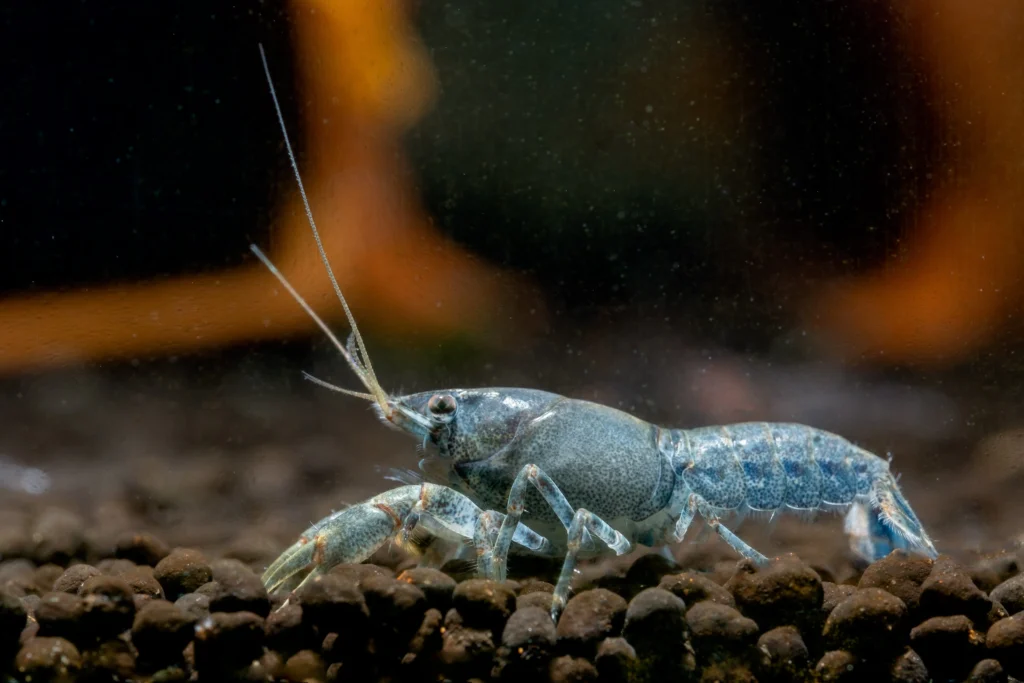
A balanced diet with the necessary protein, vitamins, and mineral sources supports shrimp’s growth and immune function. Additionally, assessing both commercial and natural food sources for shrimp can offer the necessary dietary variety and optimization. By incorporating these strategies into their feeding regime, shrimp owners can help ensure optimal health and well-being for their aquatic companions.
Attention to shrimp’s digestive system and gut microbiota is essential to maintaining their health. Probiotics and vitamin supplementation can play a beneficial role in supporting shrimp’s digestive health and nutrient absorption. Furthermore, ensuring optimal water quality, such as appropriate pH levels and low ammonia concentrations, is crucial for promoting mineral uptake and overall nutrition in shrimp.
In conclusion, a well-informed approach to shrimp nutrition can significantly contribute to their optimal health and well-being. By considering their dietary needs, enhancing their immune system, and providing a balanced diet, shrimp owners can ensure the longevity and vitality of their shrimp community.

